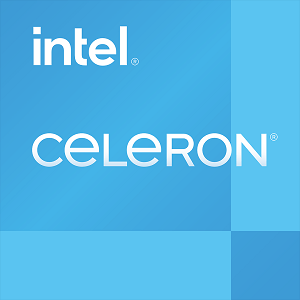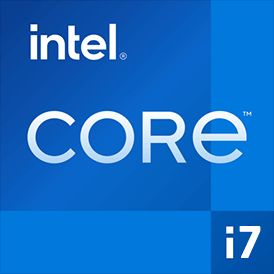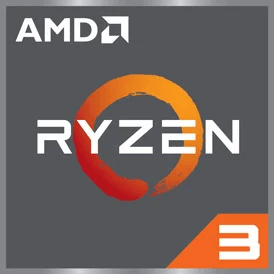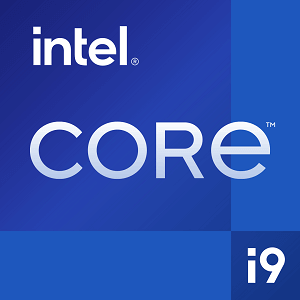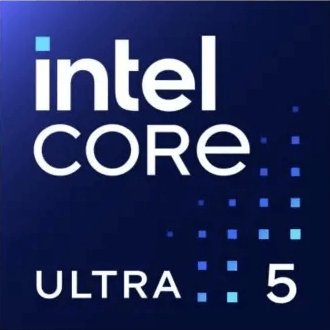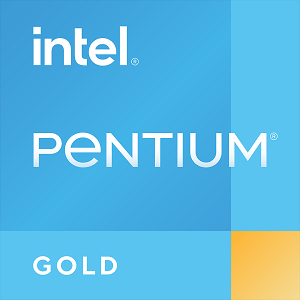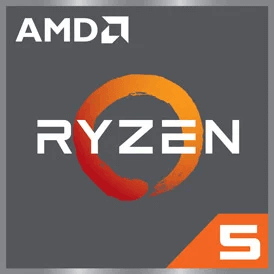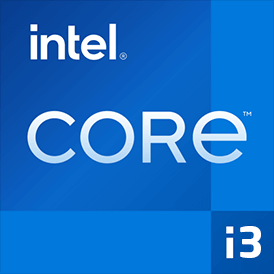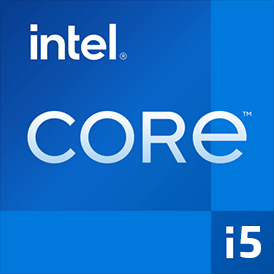Intel Celeron G6900 vs Intel Core i7 11700KF
We compared two desktop CPUs: Intel Celeron G6900 with 2 cores 3.4GHz and Intel Core i7 11700KF with 8 cores 3.6GHz . You will find out which processor performs better in benchmark tests, key specifications, power consumption and more.
Main Differences
Intel Celeron G6900 's Advantages
Released 10 months late
Integrated graphics card
Higher specification of memory (4800 vs 3200)
Larger memory bandwidth (76.8GB/s vs 50GB/s)
Newer PCIe version (5.0 vs 4.0)
More modern manufacturing process (10nm vs 14nm)
Lower TDP (46W vs 125W)
Intel Core i7 11700KF 's Advantages
Higher base frequency (3.6GHz vs 3.4GHz)
Larger L3 cache size (16MB vs 4MB)
Score
Benchmark
Cinebench R23 Single Core
Intel Celeron G6900
1284
Intel Core i7 11700KF
+24%
1595
Cinebench R23 Multi Core
Intel Celeron G6900
2476
Intel Core i7 11700KF
+506%
15011
Geekbench 6 Single Core
Intel Celeron G6900
1666
Intel Core i7 11700KF
+40%
2334
Geekbench 6 Multi Core
Intel Celeron G6900
2676
Intel Core i7 11700KF
+302%
10758
Blender
Intel Celeron G6900
22
Intel Core i7 11700KF
+790%
196
Geekbench 5 Single Core
Intel Celeron G6900
1303
Intel Core i7 11700KF
+31%
1709
Geekbench 5 Multi Core
Intel Celeron G6900
2535
Intel Core i7 11700KF
+291%
9915
Passmark CPU Single Core
Intel Celeron G6900
2674
Intel Core i7 11700KF
+26%
3390
Passmark CPU Multi Core
Intel Celeron G6900
4402
Intel Core i7 11700KF
+446%
24052
General Parameters
Jan 2022
Release Date
Mar 2021
Intel
Manufacturer
Intel
Desktop
Type
Desktop
x86-64
Instruction Set
x86-64
Alder Lake
Core Architecture
Rocket Lake
G6900
Processor Number
i7-11700KF
LGA-1700
Socket
LGA-1200
UHD Graphics 710
Integrated Graphics
No
Package
10 nm
Manufacturing Process
14 nm
46 W
Power Consumption
125 W
100 °C
Peak Operating Temperature
100°C
CPU Performance
2
Performance Cores
8
2
Performance Core Threads
16
3.4 GHz
Performance Core Base Frequency
3.6 GHz
-
Performance Core Turbo Frequency
5 GHz
2
Total Core Count
8
2
Total Thread Count
16
100 MHz
Bus Frequency
100 MHz
34x
Multiplier
36x
80 K per core
L1 Cache
64 K per core
1280 K per core
L2 Cache
512 K per core
4 MB shared
L3 Cache
16 MB shared
No
Unlocked Multiplier
Yes
Memory Parameters
DDR5-4800, DDR4-3200
Memory Types
DDR4-3200
128 GB
Max Memory Size
128 GB
2
Max Memory Channels
2
76.8 GB/s
Max Memory Bandwidth
50 GB/s
No
ECC Memory Support
No
Graphics Card Parameters
true
Integrated Graphics
-
300 MHz
GPU Base Frequency
-
1300 MHz
GPU Max Dynamic Frequency
-
128
Shader Units
-
8
Texture Units
-
8
Raster Operation Units
-
16
Execution Units
-
15 W
Power Consumption
-
0.36 TFLOPS
Graphics Performance
-
